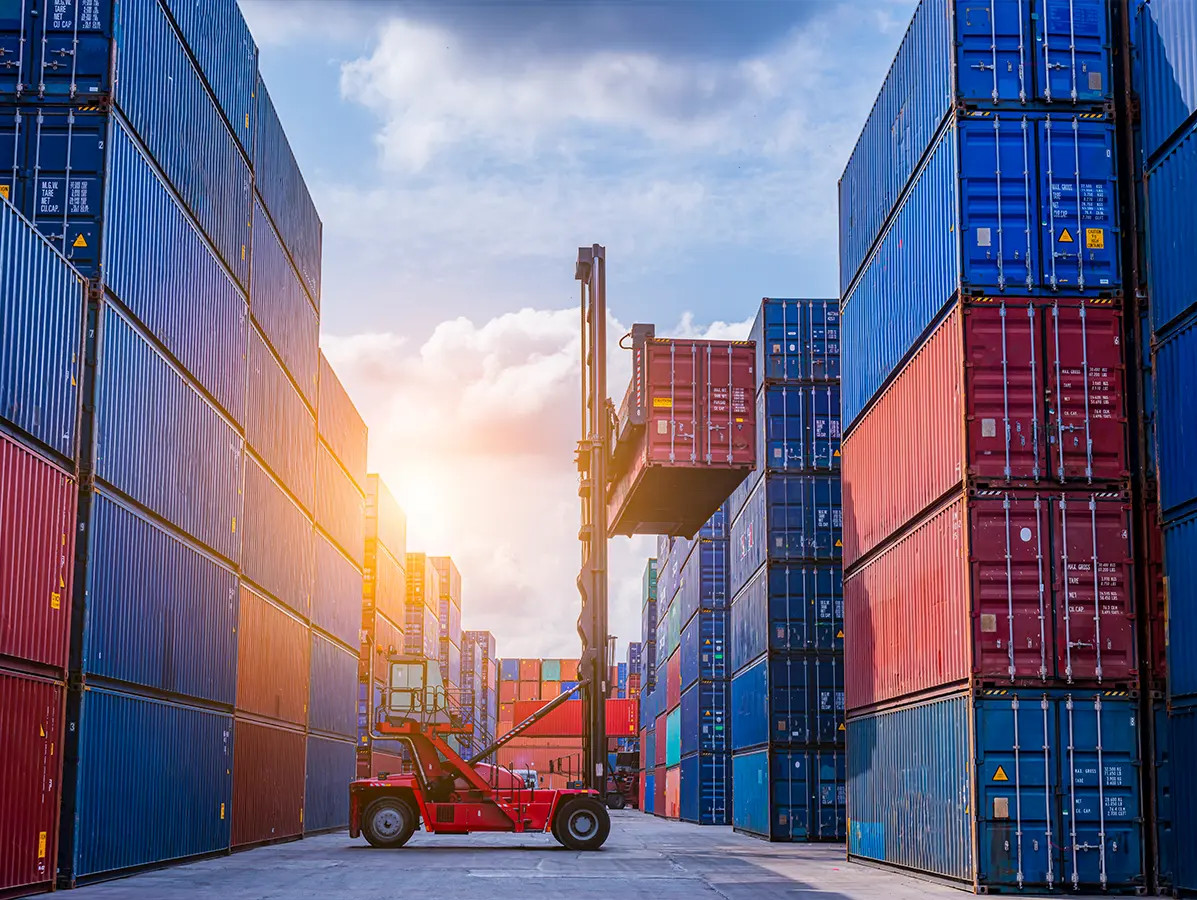
Business owners at the Port of Rotterdam are increasingly concerned about rising delays and costs associated with inspections by the NVWA. In a letter to the Dutch House of Representatives, the Agrarisch Import Platform (AIP), representing 17 business organizations, highlights this pressing issue. The letter warns that prolonged wait times and high fees threaten food safety, increase costs, and jeopardize the port’s competitive position.
Since Brexit, NVWA inspection times have significantly lengthened, particularly over the past six months. Containers with food products like fish and meat now sometimes remain on the docks for weeks without inspection, leading to increased refrigeration costs and heightened spoilage risks. According to the letter, the NVWA's current approach—considered outdated and lacking in digital efficiency—contributes to these delays. Fewer daily inspections are conducted, further extending wait times and adding to operational costs for businesses.
Due to long wait times and rising fees, companies are increasingly rerouting cargo to other ports, such as Antwerp, where inspection costs and processing times are more favorable. In Antwerp, the inspection of a 40-foot container of meat or fish costs €182.50, compared to €475.75 in Rotterdam. The AIP cautions that these shifted cargo flows rarely return to Rotterdam, impacting Dutch businesses and the national treasury.
The Port of Rotterdam plays a crucial role for the Netherlands and Europe, boasting excellent facilities and infrastructure. The AIP urges the House of Representatives to support the NVWA and Customs in enhancing service quality. According to the letter, modernizing and digitizing the inspection process could improve efficiency and reduce costs, helping the Netherlands retain its competitive edge.
Source: Deltalinqs